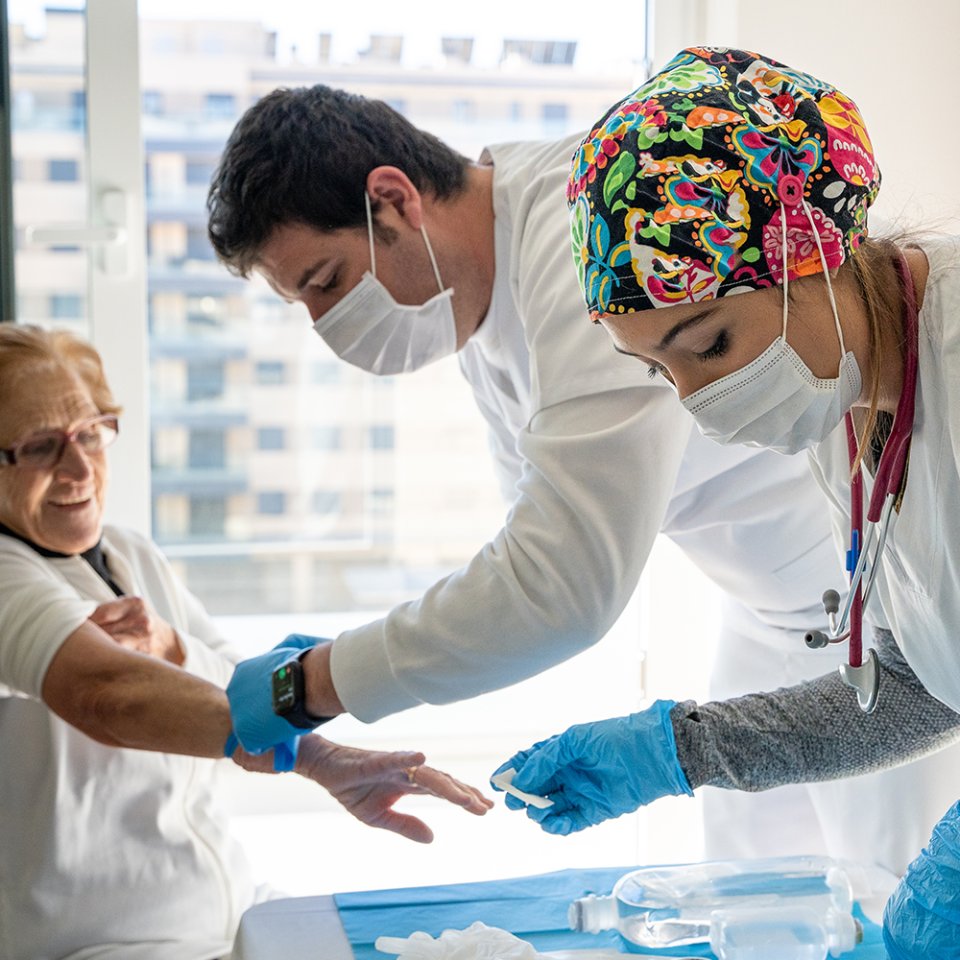What is Oncologic Surgery?
Oncologic surgery refers to surgical procedures performed to diagnose, stage, and treat different types of cancer. It plays a vital role in comprehensive cancer care, often combined with chemotherapy, radiotherapy, or targeted treatments. The goal of oncologic surgery is not only to remove cancerous tumors but also to preserve organ function and improve quality of life.

Types of Oncologic Surgeries We Perform
At Büyük Anadolu Hospital, our general and specialized surgeons perform a wide range of oncologic procedures, including:
-
Breast cancer surgery (lumpectomy, mastectomy, breast-conserving surgery)
-
Colorectal cancer surgery (removal of colon or rectal tumors)
-
Stomach (gastric) cancer surgery (partial or total gastrectomy)
-
Esophageal cancer surgery (esophagectomy)
-
Liver cancer surgery (hepatic resection)
-
Pancreatic cancer surgery (Whipple procedure, distal pancreatectomy)
-
Thyroid and endocrine tumor surgeries
-
Skin cancer excisions (including melanoma)
-
Lung-related resections (in collaboration with thoracic surgeons)
How is Oncologic Surgery Performed?
The surgical approach depends on the type, stage, and location of cancer. We use:
-
Open surgery – for complex or advanced tumors.
-
Laparoscopic & minimally invasive surgery – for smaller tumors with faster recovery.
-
Robotic-assisted surgery (in select cases) – for enhanced precision.
Every procedure is supported by multidisciplinary tumor boards involving oncologists, radiologists, and pathologists.


Recovery After Oncologic Surgery
Recovery varies based on the type of cancer and surgery performed.
Hospital stay can range from 3 days to 2 weeks.
Post-operative care includes pain management, wound care, dietary planning, and rehabilitation.
Long-term follow-up is essential for monitoring recurrence and maintaining health.
Possible Risks & Our Preventive Measures
| Possible Risks | Our Preventive Measures |
|---|---|
| Infection or bleeding | Advanced sterile techniques & continuous monitoring |
| Organ function loss | Organ-preserving approaches whenever possible |
| Recurrence of cancer | Regular follow-ups & personalized oncologic care |
| Fatigue or nutritional issues | Nutritional counseling & rehabilitation support |
| Psychological impact | Psychological support & patient guidance services |
Oncologic Surgery FAQ
Not always. It depends on the type and stage of cancer. Some cancers are treated with chemotherapy or radiotherapy alone, while others require surgery as the main treatment.
Recovery depends on the type of procedure. Minor surgeries may take 1–2 weeks, while major operations may require several weeks of healing.
Yes, surgery is often part of a multidisciplinary plan that includes chemotherapy, radiation, or targeted therapies.
